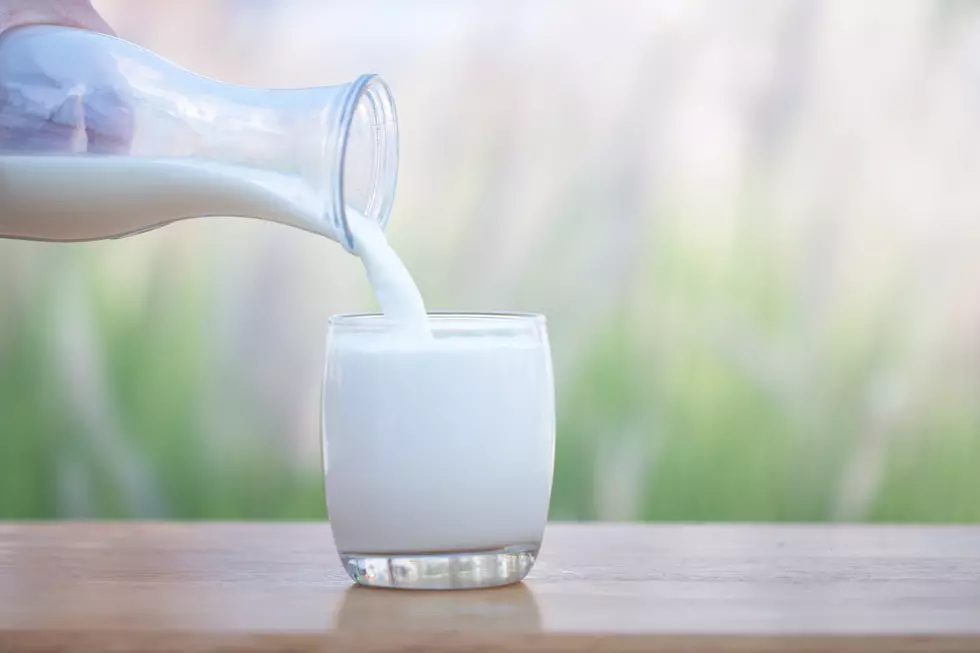We are not talking anaphylactic allergies, those you know such as peanut or shellfish allergies, that send you to the hospital and are extremely dangerous. We are talking about non-life threatening food allergies or sensitivities to certain foods.
Food allergies cause damage to the gut which can lead to leaky gut and overproduction of unhealthy gut bacteria. Leaky gut releases toxins and exposes food particles to the immune system triggering an immune response, ending in systemic inflammation. Systemic inflammation causes hormone imbalances and insulin resistance. Since insulin is a fat-storage hormone, when more insulin is released, there is more fat storage overall, especially around the abdomen and midsection. Chronic inflammation also causes stress on the body which releases cortisol. Excess cortisol is also linked to l fat storage around the mid-section.
Eliminating any IgG sensitive foods from the diet may help control weight by decreasing the immune response and inflammation throughout the body. By eliminating food allergens, your body will no longer be in a continued state of inflammation and triggering the immune system. In turn, this will make you feel better overall with less stomach discomfort, more energy, and decreased achiness or headaches. In addition, it is possible that you may lose some weight as your body balances out!
If you want to know more about food allergy testing, reach out to us at Hover Chiropractic, 630.832.4476 for a consult.
Alletess finger prick test - 96 allergens
Alletess finger prick test - 184 allergens





